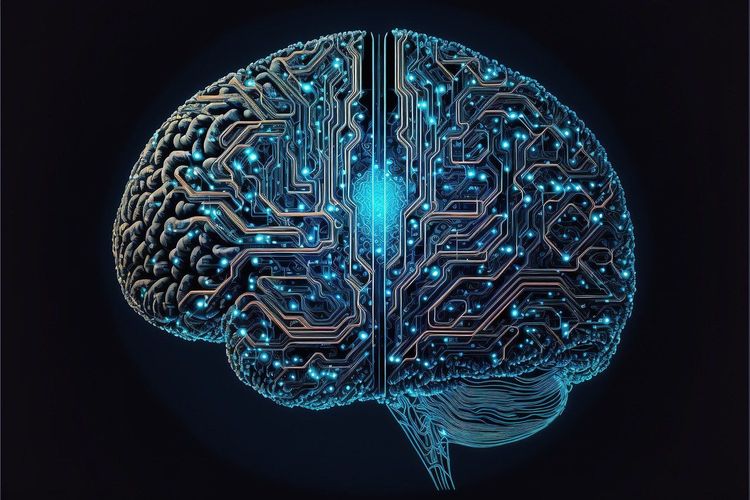On June 1, a report highlighted the groundbreaking work of the interdisciplinary innovation team at Tianjin Normal University in "Cognitive and Affective Computing." This team, in collaboration with the Tianjin Key Laboratory of Student Mental Health and Intelligent Assessment, has developed tailored psychological health assessments and intervention strategies that blend artificial intelligence with psychological insights, specifically targeting the pressing issue of youth depression.
Their recent studies have been featured in prominent international journals, including "Neural Networks" and "Information Fusion." Professor Bai Xuejun, director of the Tianjin Key Laboratory and vice president of Tianjin Normal University, underlined the necessity of cross-disciplinary collaboration among neuroscience, psychology, computer science, and AI to achieve breakthroughs in addressing mental health challenges.
Employing advanced brain imaging technologies, the team conducts foundational research to enhance understanding of student mental health issues. They aim to translate their research findings into effective mental health monitoring and intervention tools.
In pursuit of early depression assessment and intervention, the team has partnered with Tianjin An Ding Hospital to explore ecological momentary assessments and voice recognition techniques for identifying depressive states. Core team member Professor Zhao Ziping explained that their research employs cohort study methodologies to collect digital phenotype data—encompassing step counts, sleep patterns, subjective reports, and voice data—from over a hundred diagnosed patients. They developed a deep learning model for recognizing depressive states, achieving an impressive accuracy of 90%.
In the area of voice emotion recognition, the team has introduced a novel method that combines a parallel convolutional neural network with a self-attention residual convolutional network and a connectionist temporal classification loss function. This innovative approach significantly enhances emotion recognition capabilities, vital for accurate voice-based depression detection.
Additionally, the team investigated common features in EEG signals from different participants to advance EEG-based emotion recognition. They created an emotion recognition model using domain adversarial networks, achieving a recognition accuracy of 92.44%. This represents a significant step forward in addressing individual variability in EEG signals for depression detection.
Looking ahead, Professor Bai affirmed the team's commitment to pursuing interdisciplinary collaboration that integrates industry, academia, and research. Their mission is to explore the characteristics, patterns, and mechanisms of student mental health while developing and applying cutting-edge psychological diagnostic and therapeutic technologies. The ultimate goal is to ensure comprehensive, multidimensional, and data-driven assessments and interventions, promoting growth in the mental health sector.







